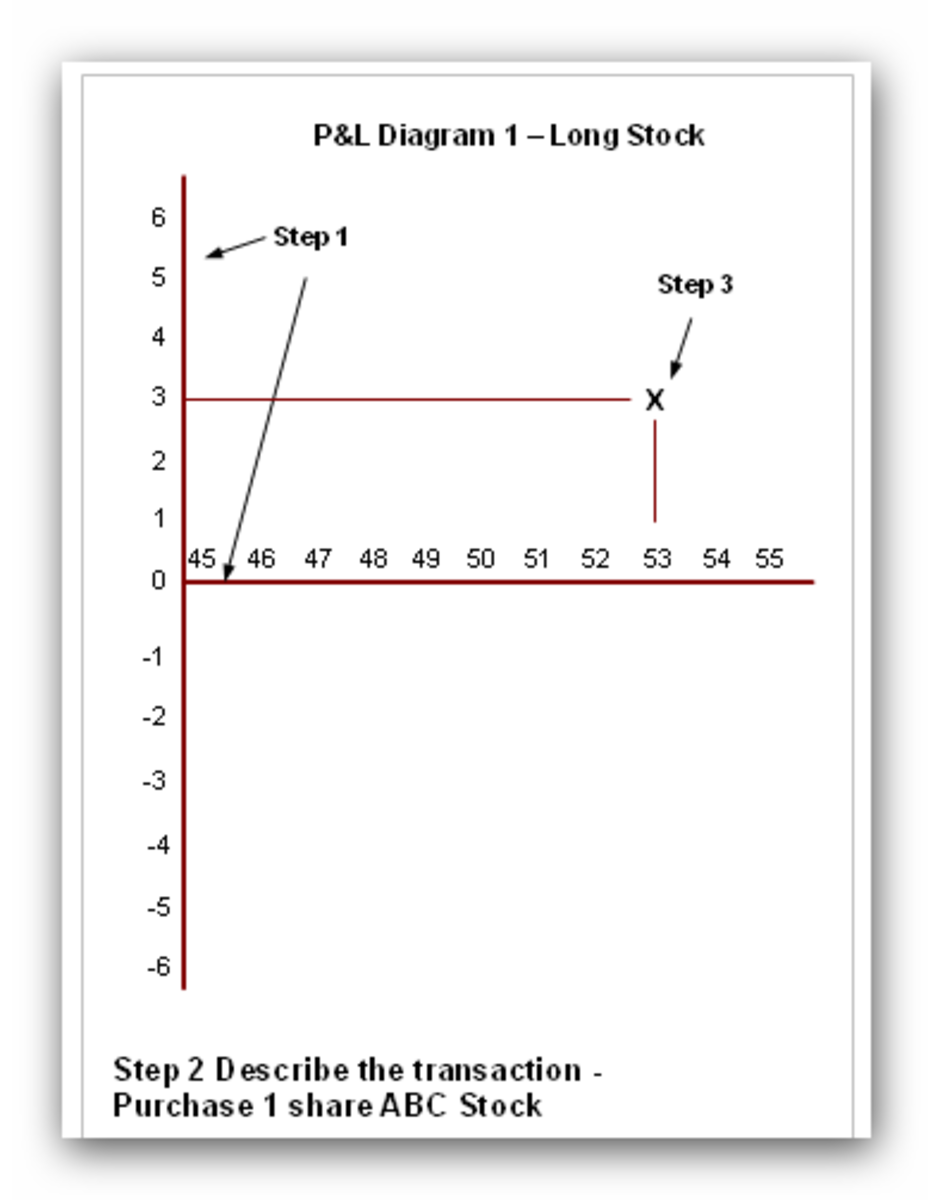Financial Derivative 2

Hi Guys, in my last article "Financial Derivatives - Introduction" I have discussed about Derivatives, Risk Management, Types of Derivatives, and Participant in Derivatives Market. This article is a continuation of that article, in this I would discuss further about Derivatives.
Functions of Derivative Markets
Derivatives were invented to fulfill the need of hedging against the price risk. It enables transfer of risk from those wanting to avoid it to those who are willing to assume it. Besides hedging, derivatives perform many other important functions which are :
1. Enable Price Discovery :
First, the derivatives and their market increase the competitiveness of the markets as it encourages more numbers of participants with varying objectives of hedging, speculation and arbitraging. Even a minor variation in price prompts action on the part of speculators. Active participation by large number of buyers and sellers ensures fair price. The Derivative Markets, facilitate price discovery of assets due to increased participants, increased volumes and increased sensitivity of participants to react to smallest of price changes. By increased depth in the market, faster and smooth dissemination of information among different participants, the process of discovery of price becomes more efficient.
2. Facilitate Transfer of Risk :
Hedgers amongst themselves could eliminate risk if two parties face risk from opposite movement of price. Since risk was emanating from opposite directions of price movement, the convergence of the two was possible. If both parties would want to hedge against same movement of price the two would not meet. When Speculators enter the market they discharge an important function and help transfer of risk from those wanting to eliminate to those wanting to assume risk.
3. Provide Leveraging :
Taking position in derivatives involves only fractional outlay of capital when compared with the position in the underlying asset in the spot market. Assume a speculator is convinced that price of wheat will be Rs 16 per Kg in 6 months and a farmer agrees to sell at Rs.15.50 per Kg. To take advantage the speculator will have to pay the full price of Rs.15.50 now and realize Rs.16 six months later. Instead, if a mechanism is available by which he can absolve himself of making the full payment, he will be too glad to enter into a contract. Derivatives, as products, and their markets provide such exit route by letting him first enter into a contract and then permitting him to neutralize position by booking an opposite contract at a later date.
Misuses, Criticism of Derivatives
Derivatives act like a double-edged sword. When used properly and conservatively they are highly effective but when used with indiscretion they are capable of causing miseries. Unfortunately there is no pragmatic way to demarcate the discretion with indiscretion. There is a very fine line that separates calculated risk taking and gambling. Some often cited demerits of Derivatives are :
1.Increased Volatility
Since derivatives offer extremely leveraged position, a large number of participants are attracted towards the market with nominal capital available with them. Giving rise to speculation tendencies derivative markets are often blamed for causing extreme volatilities in the prices, which are also seen in the spot markets. It remains to be seen that such volatility in price would be absent in the spot markets if derivatives were not to exist.
2. Increased Bankruptcies
Inherent leverage in derivatives may very easily cause bankruptcies when one assumes a position in derivatives that is totally out of sync with the financial position. Since positions in the financial markets are taken in sequentially one default may trigger a chain and can cause market failure.
3. Burden of Increased Regulation
With increasing derivative activity it is opined that there is an increasing need for regulation. Since derivatives allow accumulation of large positions with little capital, the disclosure of identities and positions taken is imperative. Also there is increasing need to discourage overly speculative positions to prevent bankruptcies and letting the chain of defaults to set in. Disclosure requirements and need to control has placed onerous responsibilties on the monitoring and regulating agencies. Such requirements and control mechanisms are often disliked by some of the participants in the market because they are seen as impediments in the development of free markets.







